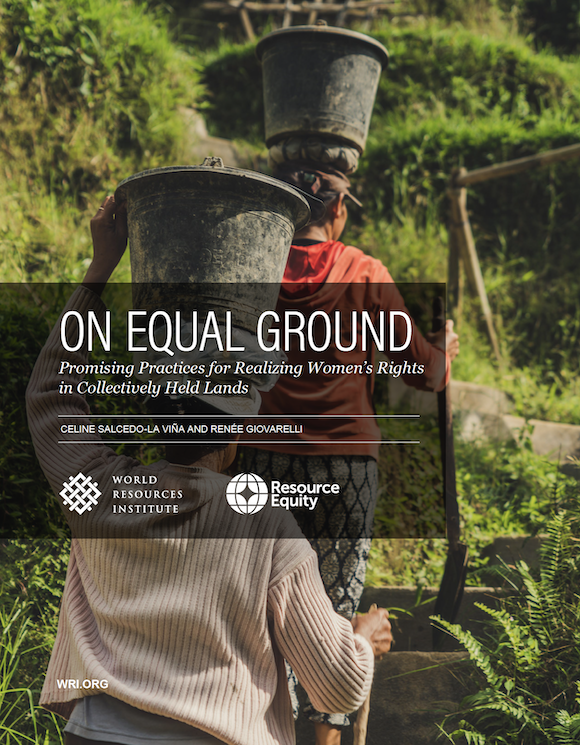A New Life for Forest Resources: The Commons as a Driver for Economic Sustainable Development—A Case Study from Galicia
Communal forests are a unique land tenure system and comprise a singular legal category in Galicia. Their persistence over time demonstrates that this community-owned resource has overcome the “tragedy of the commons”, showing their capability to successfully develop self-governing institutions. However, communal forests have rarely been studied through the lens of economics. This minimizes the opportunity to explore to what extent communities of communal forests might be a driving force of general well-being, citizen empowerment, equity, employment, and local development.


